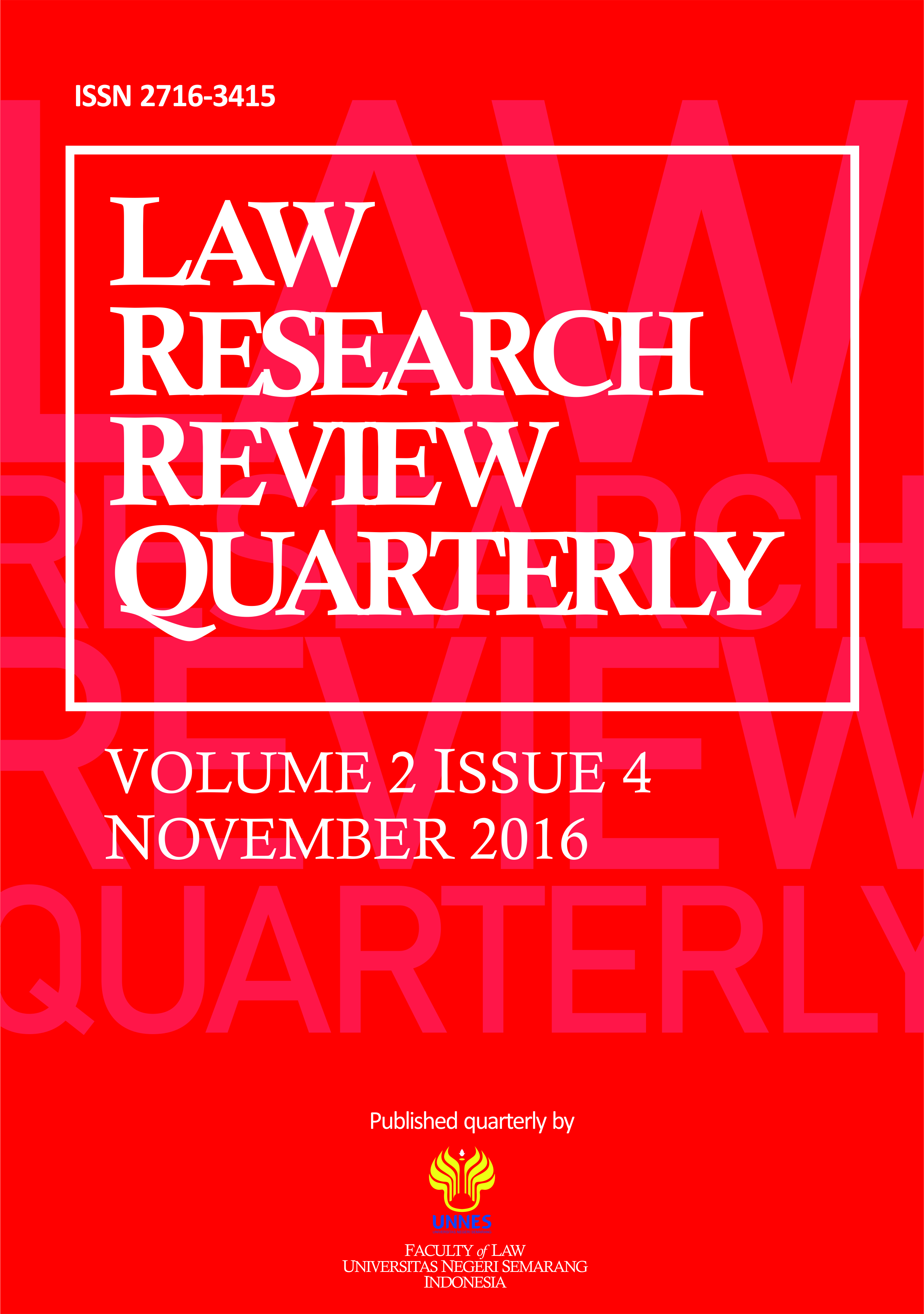Re-actualization of Pancasila in Establishing Good Citizenship in the Global Era
Main Article Content
Abstract
The era of globalization opens opportunities for the widening of traffic between countries making the borders between countries become apparent. The mobilization of citizens from one country to another becomes faster because of the support of sophisticated technology and transportation. It is possible that the mobility of citizens from one country to another brings not only new knowledge but new cultures and attitudes. Moreover, followed by the existence of the ASEAN economic community, where Indonesia through the MEA blueprint in 2015 consciously agreed to a new era in cross-country interaction. This is the impact of globalization in several countries. The attitude of individualization and liberalization has also slowly been reflected in certain fields, for example economics, social culture, and even education. It is necessary to replant the paradigm and culture of Pancasila to actualize the attitude of the Indonesian people based on Pancasila, so that they become human beings who are Pancasilais. The purpose of this paper is to re-actualize the values ​​of Pancasila in shaping Good Citizenship in the era of globalization. The writing method uses the Reaseach library that comprehensively discusses the importance of Pancasila reactualization in shaping good citizenship in the era of globalization. Reactualization is closely related to the core concept of citizenship education and supports the formation of democracy in Indonesia based on Pancasila as the source of all sources of law in Indonesia. Thus, Pancasila will always be a guideline in social, national and state life.
Article Details
All writings published in this journal are personal views of the authors and do not represent the views of this journal and the author's affiliated institutions. Author(s) are retain the copyrights of the Article. However, before publishing, it is required to obtain written confirmation from Author(s) in order to ensure the originality (Author Statement of Originality). The statement is to be signed by at least one of the authors who have obtained the assent of the co-author(s) where applicable.This work licensed under a Creative Commons Attribution-ShareAlike 4.0 International (CC BY-SA 4.0)
